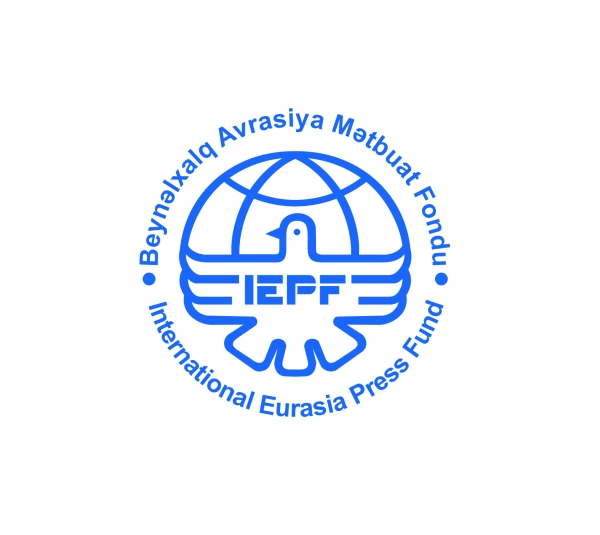The International Eurasia Press Fund as a whole carries out a wide range of activities and operates in five main areas: media and civil society development; Peacekeeping operations and conflictology; Refugees, IDPs and community issues, Education.
Media and civil society development
The Fund, which pays special attention to the role of the press in the formation of civil society and the rule of law, always focuses on this area. For this purpose, numerous conferences, round tables and meetings were held at the IEPF headquarters. attended. In the last three years alone, Reporters Without Borders has published a book called "Practical Guides for Journalists", published by the International Press Institute, "Journalists in Dangerous Tasks", "Regional Security in NATO and the Caucasus" in English and Russian, and information for journalists in Central and Eastern Europe. On the basis of the materials of the book "If you want to be a journalist…" books were published in the Azerbaijani language. Collection of the main materials of the scientific-publicist, encyclopedic-biographical information book "Alley of Martyrs" has been completed. In 2005, IEPF joined the project to convert Azerbaijani literature from Cyrillic to Latin script in accordance with the order of the President of the Republic of Azerbaijan "On the implementation of mass publications in Latin script" and re-collected and edited 35 books with a total circulation of about 800,000 copies by Eurasia-Press. and compiled and published. The project is underway.
Peacekeeping operations and conflictology
The IEPF also works effectively in the field of peacekeeping, conflict studies and human rights. From the earliest days of its existence, one of the main tasks of the foundation has been to study and resolve ways of resolving national and military conflicts in the region. So far, the IEPF has implemented many projects in this area. "Peace at Home, Peace in the Country, Peace in the World", "First-Level Mine Action Survey", "Mine Action Study", "NATO and Regional Security", "Community Mine Action", "Study of Mine Victims' Needs" and others the organization has participated in and organized dozens of international conferences, seminars and round tables. The International Eurasian Press Foundation also works and implements projects in solving the problems of refugees and internally displaced persons in Azerbaijan, studying migration issues and community development. The fact that about 40 percent of the IEPF's Community Mine Action team is made up of refugees and IDPs is clear evidence of this. At a time of transition from humanitarian aid to humanitarian development in Azerbaijan, the IEPF also pays special attention to the creation of income-generating areas for refugees and IDPs, with a focus on developing entrepreneurial skills among displaced people.
Refugees, IDPs and community issues
The IEPF, which deals with the problems of refugees and internally displaced persons, has always focused on cooperation with international organizations. In March 2003, the IEPF completed the implementation of the "Multifunctional Info terminal for Non-Governmental Organizations in the Caucasus Region" project, which began in August 2001 with the financial support of the Danish Refugee Council. During this period, a large network called CRINGO (Network for Refugees and Internally Displaced Persons in the Caucasus) was formed. The network implemented a short-term project under the Negotiation Week program in November-December 2005 with the financial support of the Danish Refugee Council. The main goal of the project was to study in depth the problems of refugees and IDPs, to mediate in their meetings with those who can order the solution of these problems. The IEPF was also closely involved in the project. The IEPF Karabakh High Award was established in 2005 and the award was presented to the winners on the eve of the Solidarity Day of World Azerbaijanis. AMF has regional offices in Tartar region and Horadiz settlement of Fizuli region.


